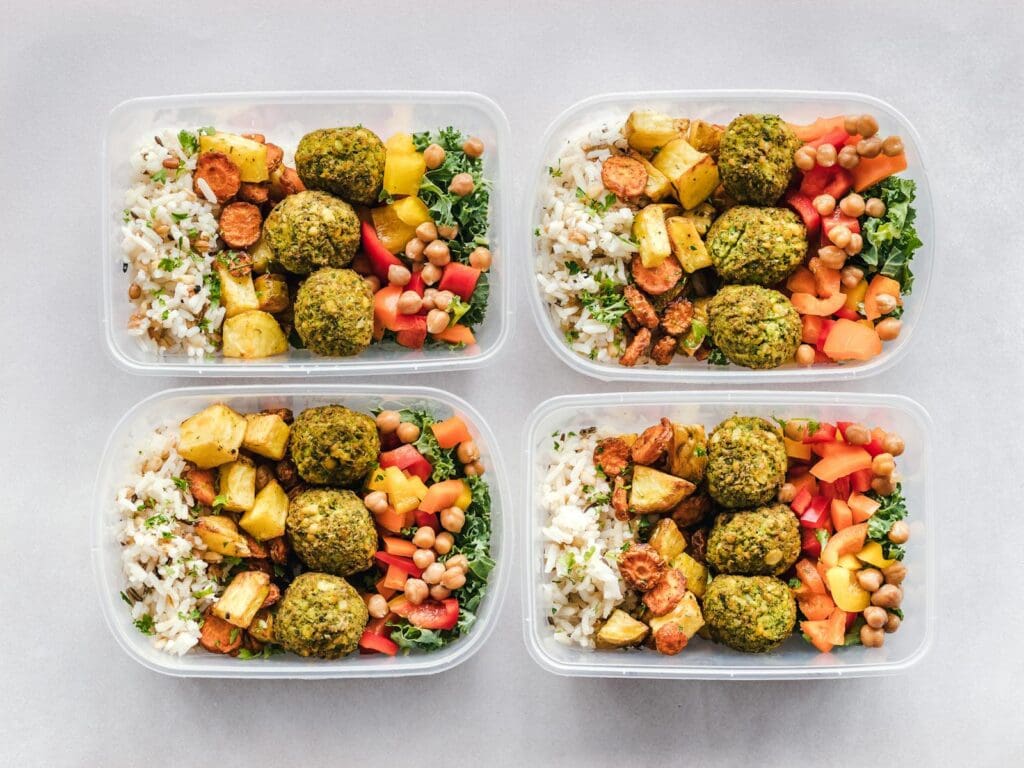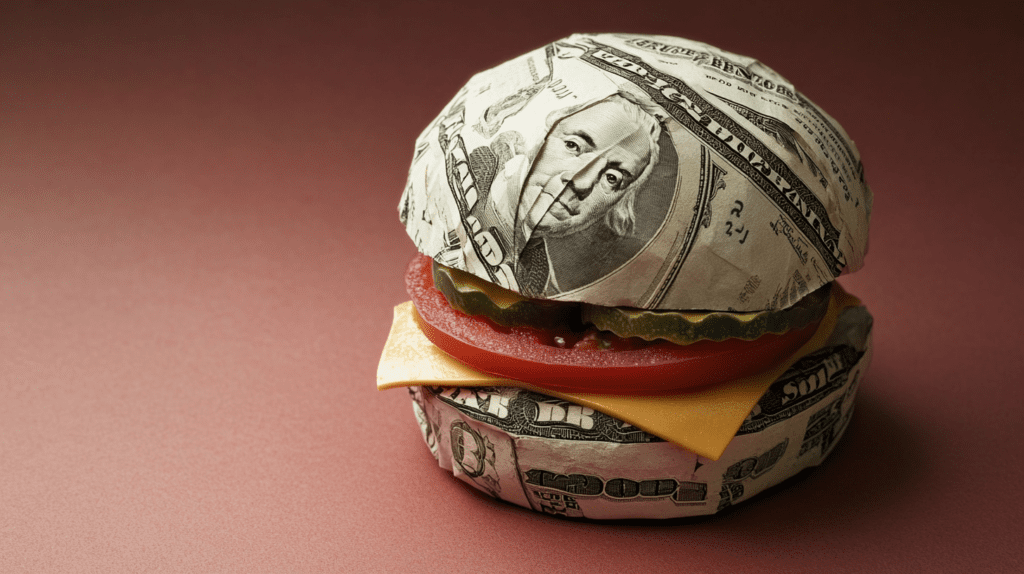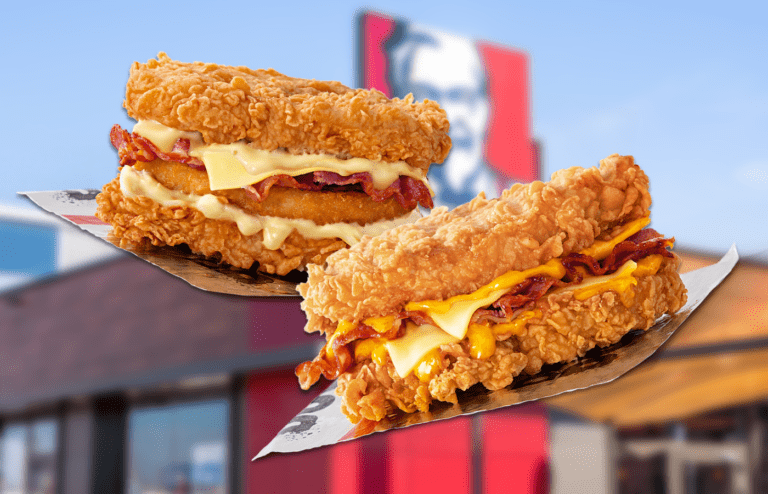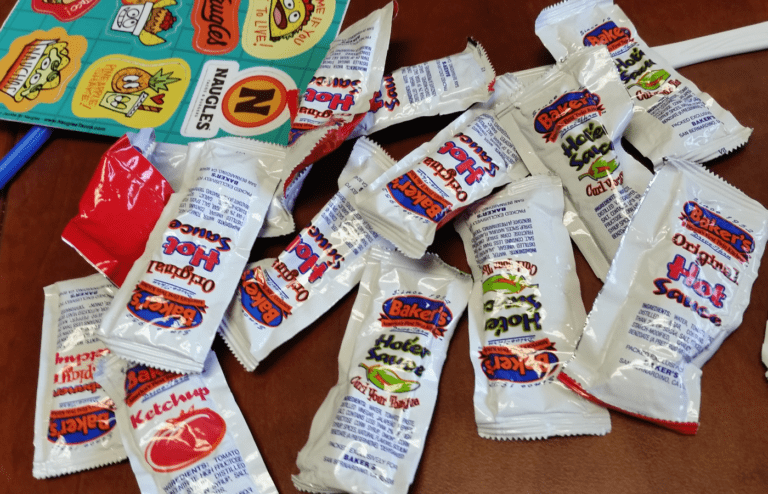Ever open your fridge and realize there’s nothing to eat? So, you grab takeout again. Or maybe you buy groceries, forget about them, and end up tossing half of it by the weekend. That’s not just frustrating—it’s expensive.
The real problem? You didn’t plan.
Meal planning is your secret weapon. It helps you save money, waste less food, and feel more in control of your budget. And it only takes a few minutes each week.
Start by picking out meals for the week—breakfasts, lunches, dinners, even snacks. Then write down everything you’ll need. That shopping list will keep you focused at the store and help you avoid those “just in case” or “this looks good” moments that add up fast.
When you shop with a plan, you only buy what you’ll actually eat. No more rotting veggies or forgotten leftovers. No more last-minute drive-thru runs. You’ll spend less, waste less, and eat better.

Beat the Urge to Buy Stuff You Don’t Need
Stores are smart. They know how to get you to spend more—bright signs, “limited time only” deals, and perfectly placed treats. But you don’t have to fall for it.
Here’s how to stay on track:
• Stick to your list. If it’s not on there, don’t buy it.
• Wait it out. Thinking about buying something random? Give it 24 hours. You’ll usually forget about it—or realize you didn’t need it anyway.
• Know their tricks. Being aware of sales tactics helps you shop smarter.
When you shop with a plan and a purpose, you stay in control of your money.
Easy Ways to Stretch Your Grocery Budget
Want to get more for your money? Try these tips:
• Buy store brands. They’re usually just as good as name brands (but not always), and always cheaper.
• Shop sales and seasons. Fresh produce costs less when it’s in season.
• Use coupons and cashback apps. Every little bit helps.
• Buy in bulk (when it makes sense). Great for pantry staples like rice, oats, or canned goods.
• Plan your meals. It’s the easiest way to avoid waste and make sure every dollar counts.

Keep Yourself on Track
Saving money takes more than one good grocery trip. You’ve got to stick with it.
Try using a spending tracker app to see where your money goes. Or check in with a friend who’s also trying to spend less. Set small, clear goals—like “no impulse buys this week” or “save $100 this month.”
And if you slip up, don’t sweat it. Learn from it and keep going.
Final Thoughts
Planning your meals might sound boring, but it can seriously change the way you spend. You’ll stop wasting food, cut down on fast food, and make your money go further every week. It’s one small habit that leads to big results.
Start with one week. See how it feels. Your wallet (and your fridge) will thank you.
Related: 30 Meal Planning Tips on a Budget








